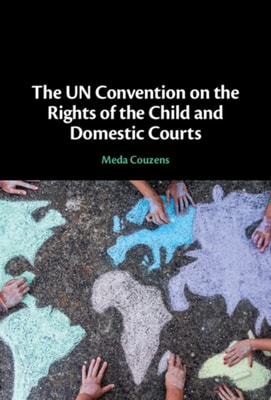Die Autorin dieser Arbeit, die nicht nur Volkswirtin, sondern auch Sinologin ist, hat sich zum Ziel gesetzt, die dem deutsch-chinesischen firmeninternen Handel zugrundeliegenden zentralen Verrechnungspreiskonflikte mithilfe einer empirischen Untersuchung zu ermitteln und die identifizierten Problembereiche einer rechtsvergleichenden Analyse zu unterziehen.

